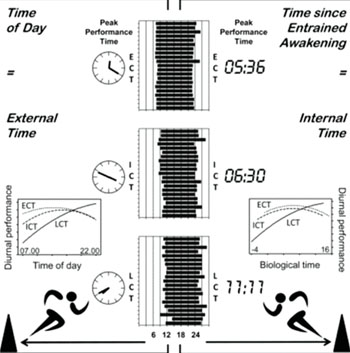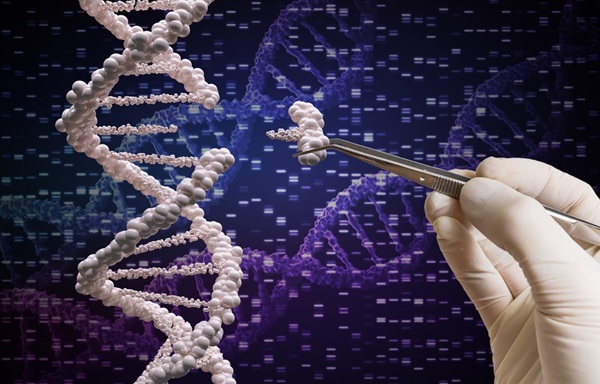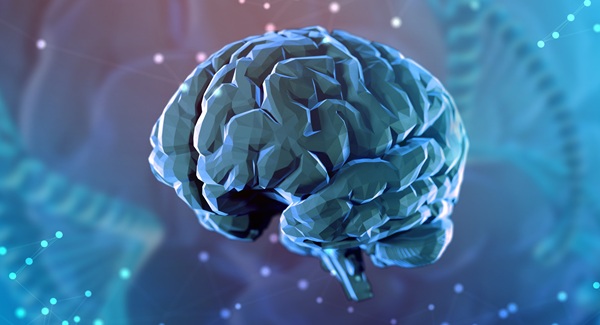Outcome of Sports Events May Depend on Circadian Rhythms
By LabMedica International staff writers
Posted on 11 Feb 2015
According to a new study, the outcome of sporting events may depend on how well the timing of the match aligns with the internal biological clocks of the athletes, and so could change performance by the hour depending on what time it is for their inner clock. Posted on 11 Feb 2015
The study, conducted by researchers at University of Birmingham (Birmingham, England), found that diurnal performance of competition-level athletes varied by as much as 26% over the course of the day. Those who would naturally sleep in gave their best performances hours later in the day than early birds. Athletes and coaches would do well to make note and adjust their schedules accordingly as much as possible, the researchers said.

Image: Graphical summary of a new study showing that athletic performance (and therefore sport event outcome) also depends on the circadian rhythms of individual athletes (Photo courtesy of University of Birmingham and Cell Press).
"If a 1% difference in performance can make the difference between 1st place and 4th place in a 100 meter race and actually win you the gold medal at the Olympics, then imagine what a 26% difference in your performance could give," said principal investigator Dr. Roland Brandstaetter. There were earlier reports that suggested that athletes' personal best performances are generally in the evening. But those studies did not account for whether those athletes were of night “owl” or morning “lark” phenotypes. While an individual's circadian phenotype often does shift from childhood into adolescence and adulthood, there are real physiological differences between people based on their natural sleep/wake patterns. These differences result in disparities between their biological clocks and how they entrain to exogenous cues, such as the environmental light/dark cycle and social factors.
In this study, a novel approach was used to characterize the circadian phenotypes of more than 120 athletes. Then 20 athletes were selected representing early, intermediate, and late phenotypes and tested their cardiovascular endurance in a standard fitness test at 6 times of day.
The fitness tests revealed considerable diurnal variation in individual performance. Rather than time-of-day, the best predictor of how well those groups performed at a given hour was the amount of time elapsed since their entrained awakening (i.e., the time since they would have woken up if left to their own devices, without an alarm clock). While an early riser may be at his or her best in the early afternoon, a late riser hits his or her peak much later at night.
The researchers concluded that “determination of an athlete's personal best performance requires consideration of circadian phenotype, performance evaluation at different times of day, and analysis of performance as a function of time since entrained awakening.” This would also be relevant for non-athletic performance – "Obtaining a personal best performance is on everyone's agenda, but how to do it, now that is a different question," said co-author Elise Facer-Childs, and suggested that people would be well-advised to shift significant attention from the clock on the wall to the one that's ticking inside.
The study, by Facer-Childs E. and Brandstaetter R., was published January 29, 2015, in the Cell Press journal Current Biology.
Related Links:
University of Birmingham














